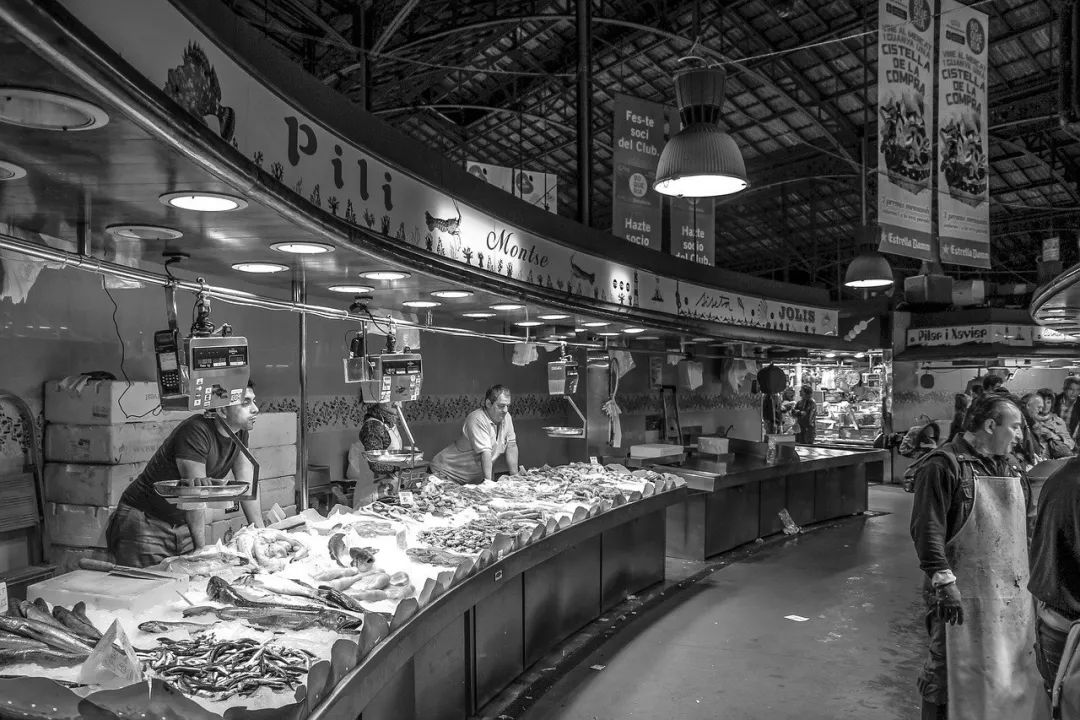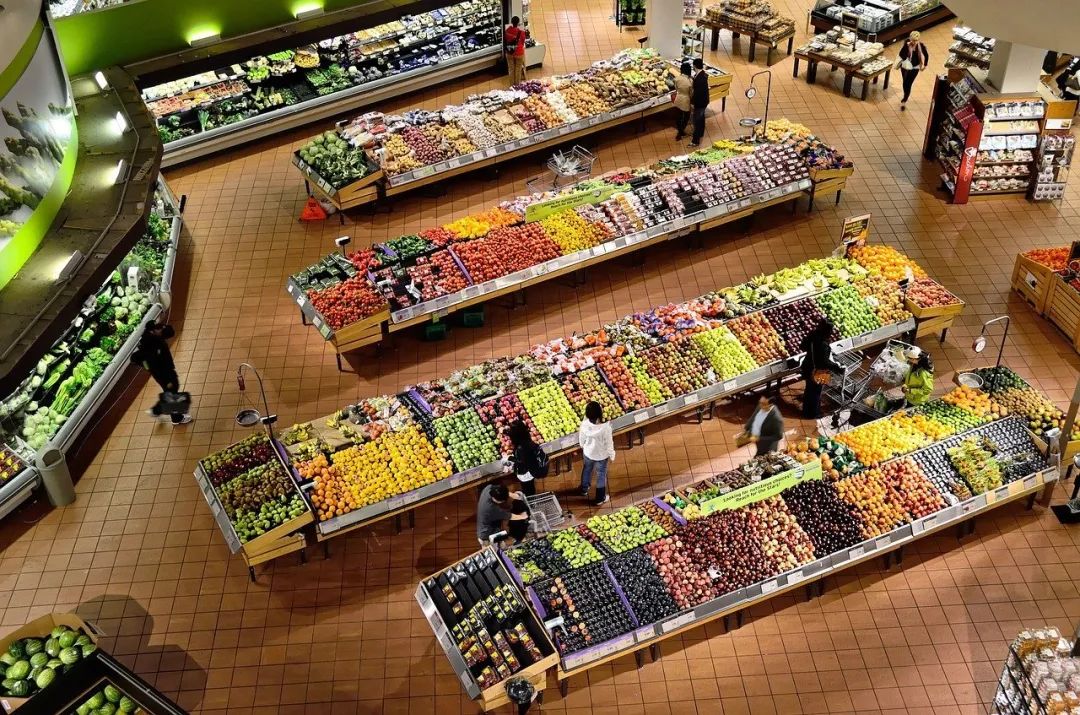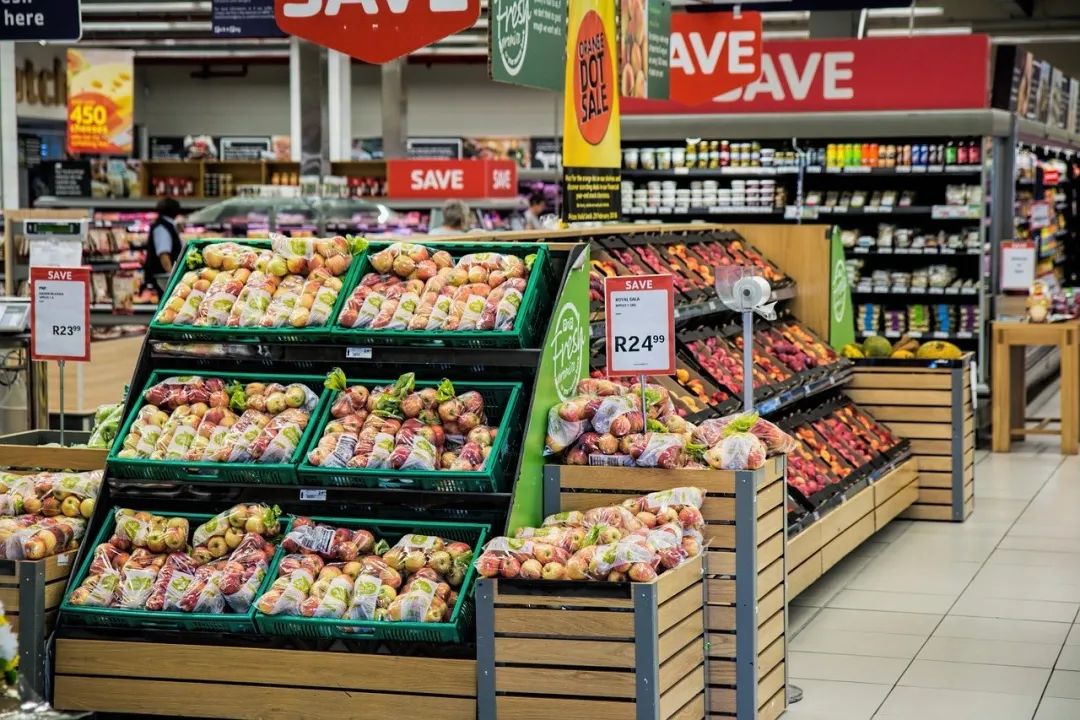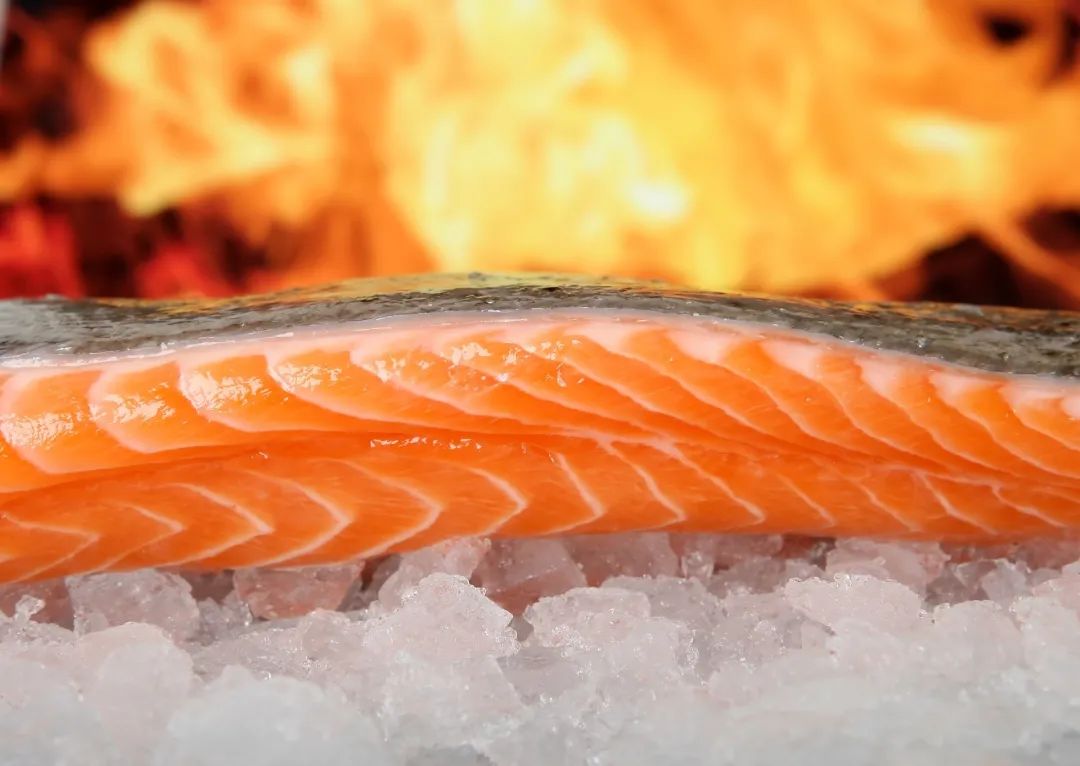Since the outbreak of the new coronavirus on June 12, imported seafood, especially salmon, has been removed from the shelves of supermarkets and restaurants in many places. With the official voice in support of seafood to prove the innocence of salmon, the aquaculture industry is slowly recovering, and the most damaged salmon is also eager to clear up.

On July 3, the joint prevention and control mechanism of The State Council held a press conference on epidemic prevention and supervision of farmers' markets. A series of measures on epidemic prevention and control were formulated at the meeting.
The General Administration of Market Supervision will urge all localities to tighten the strain of epidemic prevention and control at all times, earnestly implement the responsibility of territorial management, effectively strengthen the food safety supervision of key places such as farmers' markets, take the Beijing Xinfadi market as an alert, focus on investigating the risks of food safety in farmers' markets, deploy and strengthen the management of food safety risks in key places such as farmers' markets and wholesale markets.

According to the new situation and new requirements of epidemic prevention and control, food operators should be guided to strictly implement purchase inspection, claim certificate and ticket responsibility, ensure that the source of sales products can be checked and the destination can be traced, and maximize the control of food safety risks and the risk of epidemic transmission.
At the same time, strengthen supervision and inspection and product sampling, and ban the sale of livestock and poultry meat that cannot provide inspection and quarantine certification, and aquatic products that cannot provide proof of origin and purchase certificate, increase the sampling inspection of food safety in farmers' markets located in underground and semi-underground places, and timely find and dispose of unqualified products.
Nucleic acid inspection around the strict, qualified salmon gradually shelves
Yunnan, Shaanxi, Tianjin, Hubei, Sichuan, Zhejiang and other provinces have recently taken measures to conduct nucleic acid tests on aquatic products, utensils and merchants in various markets, and the test results have shown negative. Some provinces and cities have also carried out nucleic acid tests on employees in wholesale markets that sell, process seafood and imported frozen meat, large supermarkets and the environment, and the results have also been negative.
Recently, the salmon that has passed the inspection of Jiawo can be safely eaten has been put back on the shelves of Chengdu Hema Fresh. More and more qualified salmon are gradually starting to hit the shelves.

But the recovery of the Beijing salmon market is more slow, "the removal of shelves is very fast, and the recovery of supply chain and consumer confidence is always slow." If the government and the industry send positive signals, the recovery will be faster. Dr. Zhong Kai, director of the Kexin Food and Nutrition Information Exchange Center, said that businesses can also voluntarily provide virus test reports to reassure consumers.
Dr Kai Zhong said: "The seafood samples from Beijing and Shenzhen showed that the salmon was free of the contamination virus before entering the new area. Especially considering that the vast majority of epidemiological investigations of COVID-19 cases in the past have found a clear route of exposure, namely human-to-human transmission, I don't think it is necessary to avoid salmon.
The salmon industry may face restructuring
After this incident, it may take some time for the fish market to recover gradually. Some small businesses with poor risk resistance will withdraw from the operation of salmon, companies with strong funds will stay, and other capital will not be excluded in the later stage, and the industry will gradually move toward concentration.

However, the industry believes that the epidemic will not change the long-term growth trend of salmon consumption, but objectively force backward salmon processing methods, multi-level wholesale structure, and disorderly competition, thus promoting the upgrading of the salmon industry. Large salmon industry institutions with state-recognized raw food processing qualifications, strict safety and health control, and traceability of closed sources will face development opportunities.



